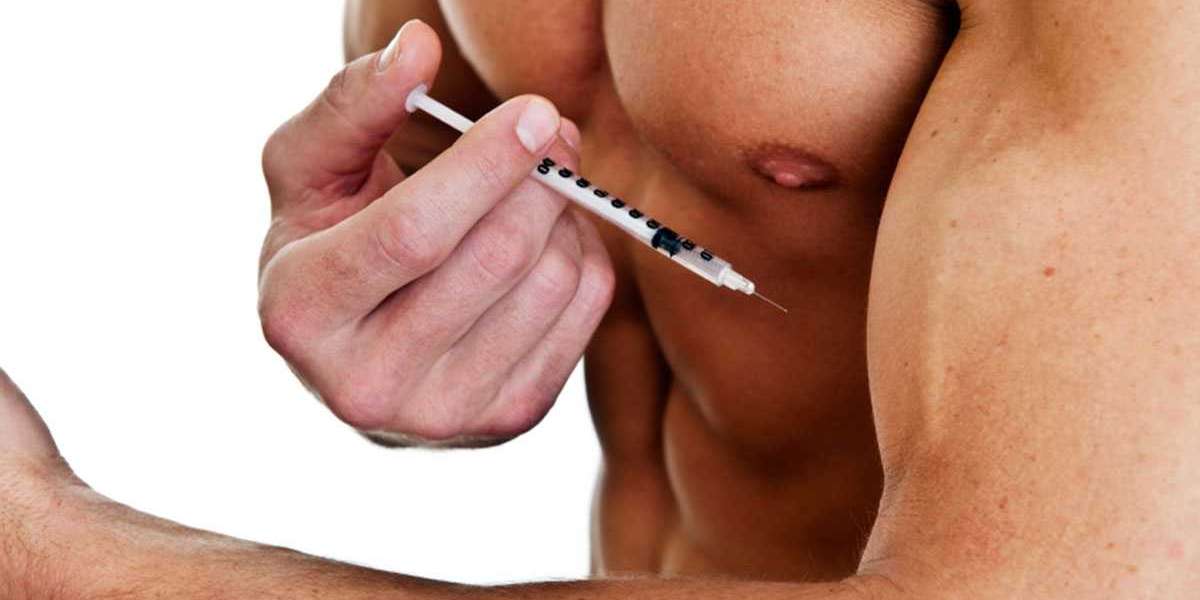Drugs negatively affect not only a team's performance, but its sense of team spirit and cohesiveness as well. In particular, drug use can cause the following effects on the morale of the team: Lack of togetherness. Lack of concentration.
Performance-enhancing drugs (PEDs) have been a topic of controversy in sports for decades. The use of PEDs in sports has been associated with cheating, unfair advantages, and health risks. The controversy surrounding PEDs in sports raises several questions about the ethics, fairness, and safety of sports.
PEDs are substances or methods that improve an athlete's performance beyond their natural ability. The use of PEDs in sports is considered unethical and a violation of the rules and regulations of most sports organizations. PEDs are used to increase strength, speed, endurance, and recovery, allowing athletes to perform at their best and achieve extraordinary feats.
The controversy surrounding PEDs in sports is based on several issues. First, the use of PEDs is considered cheating and gives an unfair advantage to athletes who use them. This advantage is seen as a violation of the principles of sportsmanship, integrity, and fair play. The use of PEDs can also put clean athletes at a disadvantage, leading to a lack of motivation and reduced interest in sports.
Second, the use of PEDs in sports poses significant health risks to athletes. The long-term use of PEDs can lead to serious health problems such as heart disease, liver damage, and cancer. The use of PEDs can also affect an athlete's mental and emotional health, leading to anxiety, depression, and mood swings.
Third, the use of PEDs in sports undermines the credibility of sports. Fans and spectators want to see clean, fair, and competitive sports. The use of PEDs in sports can lead to distrust, disappointment, and a lack of faith in athletes, coaches, and sports organizations. The use of PEDs can also lead to a loss of sponsorship and financial support for sports organizations and athletes.
The controversy surrounding PEDs in sports is not limited to professional sports. The use of PEDs in amateur and recreational sports is also a concern. The use of PEDs in youth sports is particularly worrying as it can lead to long-term health risks and have a negative impact on young athletes' development.
To address the controversy surrounding PEDs in sports, sports organizations have taken several measures. The use of PEDs in sports is banned and athletes who use PEDs are subject to disciplinary actions such as fines, suspensions, and disqualification. Sports organizations have also implemented testing and screening procedures to detect the use of PEDs. The World Anti-Doping Agency (WADA) is a global organization that works to promote clean sports and fight against the use of PEDs.
Despite these measures, the use of PEDs in sports continues to be a concern. Athletes find new ways to use PEDs that are undetectable, leading to a cat and mouse game between athletes and anti-doping agencies. The pressure to perform at the highest level and win championships can lead some athletes to use PEDs, ignoring the long-term health risks and the impact on their reputation and legacy.
In conclusion, the controversy surrounding PEDs in sports raises several ethical, fair play, and health concerns. The use of PEDs in sports is seen as cheating and gives an unfair advantage to athletes. The long-term use of PEDs can lead to serious health risks, and the use of PEDs can undermine the credibility of sports. Sports organizations have taken several measures to address the use of PEDs in sports, but the use of PEDs continues to be a concern. Clean, fair, and competitive sports require a commitment to integrity, sportsmanship, and ethical conduct.







